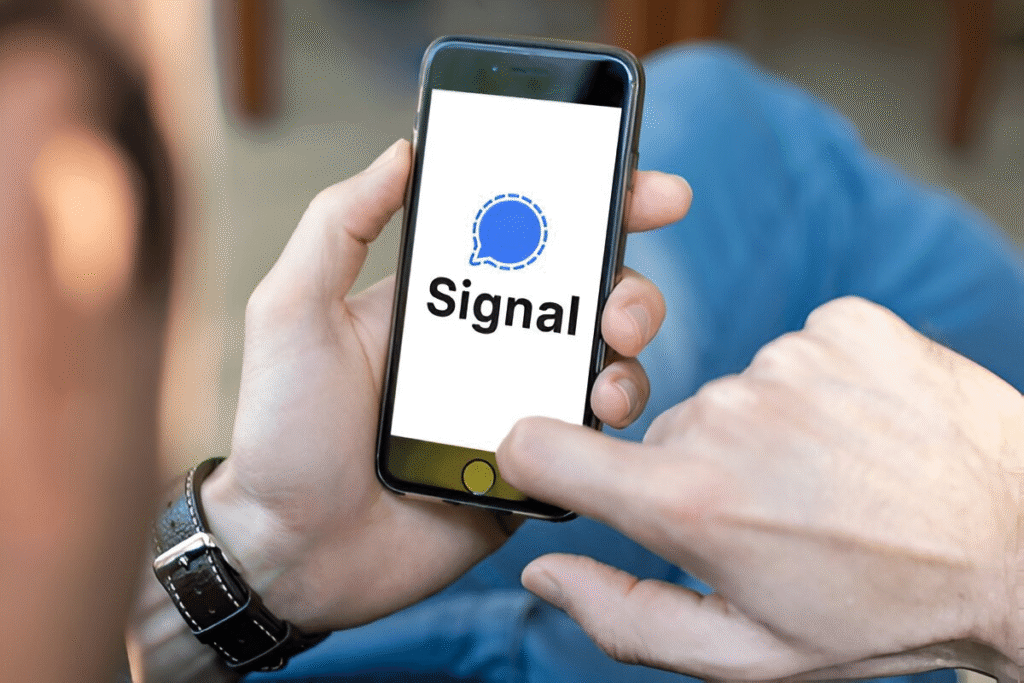June 30, 2025
italki For You: Real Teachers, Remarkable Progress
Learning a new language can feel overwhelming—books pile up, apps fail to keep you engaged, and progress is slow. What if language learning could be as human as a real conversation? That’s where italki steps in. With a global network of over 30,000 qualified teachers, italki makes language learning immersive, flexible, and deeply personal. From Spanish to Japanese, you’re not memorizing phrases—you’re speaking them in real conversations. Whether you’re curious about the italki app, unsure about the italki login process, or just looking for honest italki reviews, this guide will walk you through everything you need to know as a




